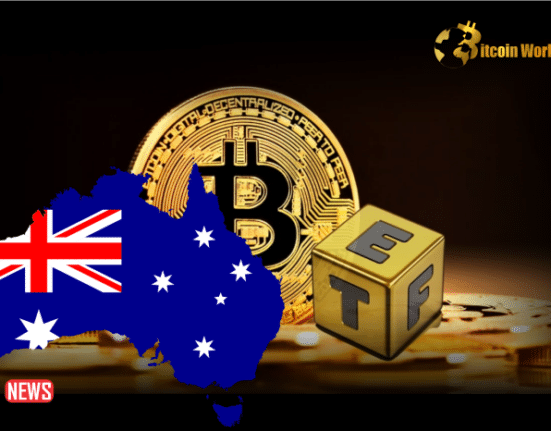FTX Australia Pty Ltd.’s financial services license has been suspended by the Australian Securities and Investments Commission (ASIC) until May 15, 2023. The choice was made following the voluntary administration of the local branch of the defunct bitcoin exchange on Friday.
The regulator said that the business will be able to continue to offer limited financial services connected to the termination of current derivatives with clients until Dec. 19, 2022 in an announcement on its website on Thursday.
After two volunteer administrators were appointed to FTX Australia and its subsidiary, FTX Express Pty Ltd., on November 11, the suspension followed. According to the Commission, the latter runs a cryptocurrency exchange that is not subject to ASIC regulation.
FTX also submitted a Chapter 11 bankruptcy petition in the US on Friday. FTX Trading Ltd., West Realm Shires Services Inc., which was doing business as FTX US, and other associated businesses started the procedures. According to ASIC, FTX Trading was officially named FTX Australia’s holding company in September of last year.
The Australian platform of FTX was given permission to deal in, create a market for, and give general advise about derivatives and foreign currency contracts to retail and wholesale clients through the financial services license (AFS) of Australia.
ASIC emphasized that it is closely coordinating its monitoring of the situation with that of other regulatory bodies and outside administrators. The Commission urged FTX clients to monitor upcoming developments and keep an eye out for FTX Group updates.
In January of this year, FTX, one of the biggest cryptocurrency exchanges, was valued at $32 billion. The trading platform was the subject of inquiries after its collapse in the United States, the Bahamas, where it has its headquarters, Japan, and Turkey. Last week, Cyprus revoked the authorization it had given FTX to conduct business throughout the EU.














